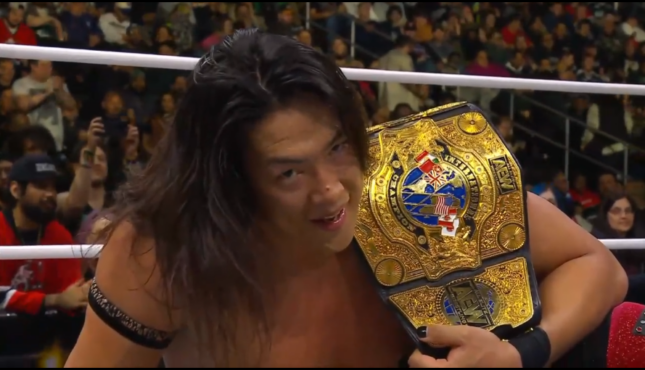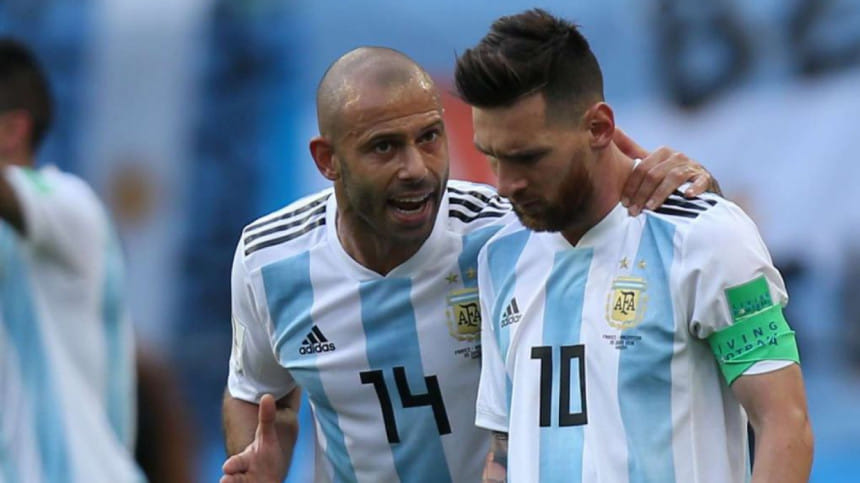
Russia, ranked the most corrupt of the world’s biggest economies, is intensifying a crack down on graft among officials that has risked undermining the Kremlin’s invasion of Ukraine and further straining state coffers. Data from the courts and law enforcement agencies show a jump in the number of corruption-related criminal cases, sentences and asset seizures since the start of the war. Already this year, more than a dozen high-ranking military officials and three deputies of the former defense minister have been arrested.
In total, around 400 people were convicted in the first half of the year under a bribery law, close to the total convicted in the entire year before the invasion, Supreme Court data show. An index tracking news coverage of major corruption cases, calculated by Bloomberg Economics using 2021 as a base measure, rose to its highest-ever level this year. The gauge shows the relative intensity of the news flow around corruption cases in the business media.
This probably means that “the regime sees that it is short on cash and needs to remind officials that they can’t go too far” to enrich themselves, said Noah Buckley, an assistant professor of political science at Trinity College Dublin. The intensifying focus on corruption underscores how deeply the practice is weighing on the Kremlin. Graft has weighed on the efficiency of Russia’s fighting force, and with roughly 40% of the state budget next year earmarked for national defense and domestic security, misappropriated funds are also a problem for state finances.
President Vladimir Putin appointed a former Kremlin economic aide and technocrat reputed to have the Russian leader’s trust as his new defense minister in May, a shakeup that stemmed in part from frustration over the ministry’s prosecution of the war in Ukraine amid rampant corruption, people familiar with the matter said at the time. Russia’s prosecutor general reported 400 billion rubles ($4 billion) of assets seized from officials accused of corruption and returned to the budget in 2023. That compares to 250 billion rubles a year earlier and 35 billion rubles reported at the end of 2021, before the war.
More than 50,000 officials faced consequences in 2023 as the result of graft probes, and more than 4,000 pieces of property were confiscated. Russian courts have frozen more than 600 billion rubles in funds during the first six months of this year, approximately the same amount frozen in the entirety of 2023, Supreme Court data show. That figure doesn’t include the seizure of physical property.
According to the court, a significant portion of the asset freezes are related to cases on corruption. Russia has long been plagued by corruption, and the problem has worsened since the start of the war. Russia ranked 141st out of 180 countries on Transparency International’s Corruption Perceptions Index in 2023, down five places from 2021.
The nation has placed in the bottom third of the group’s ranking every year of the last decade. In the run-up to and following the start of the February 2022 invasion there was a significant increase in corruption in the armed forces, as well as in the theft of property worth several percentage points of the annual defense budget, according to a report from the watchdog group. The U.
K.’s Defense Intelligence said late last month that Russian authorities weren’t aiming to entirely eradicate graft, which “is fundamental to the functioning of the regime,” but were “likely seeking to limit corruption to more manageable levels that have a less drastic impact” on the military. Spending on national defense and domestic security is projected to total more than the combined allocation for education, health care, social policies and the national economy, with significant military-related outlays continuing over the following two years.
According to Bloomberg Economics estimates, curbing corruption may cool price growth in military-related industries that has outrun overall inflation. Confiscating assets could compensate for as much as 6% of defense spending. —What Bloomberg says .
. . The corruption purge is a budget boon.
With defense spending constituting nearly 30% of Russia’s budget, there was a pressing need to ensure that funds are utilized efficiently and that any waste is eliminated. The purge achieves three goals for the Kremlin: it generates much needed, extra revenue via asset seizures, keeps military procurement’s cost surge in check and helps shift public attention away from the battlefield. — Alex Isakov, Russia Economist Since the war’s start, Russia has tightened anti-corruption legislation, expanding the powers of security forces and the list of assets that can be confiscated, including by adding digital assets and cryptocurrencies.
Recently, the Constitutional Court ruled that the statute of limitations will not apply to the seizure of property on behalf of the state from corrupt officials, potentially widening the pool of those who could be investigated. “I would expect this transition and the resulting fight against corruption to proceed,” said Buckley. “But it will need to remain limited, so that the loyalty of the broader regime can still be maintained.
” ©2024 Bloomberg L.P. Visit bloomberg.
com. Distributed by Tribune Content Agency, LLC..














